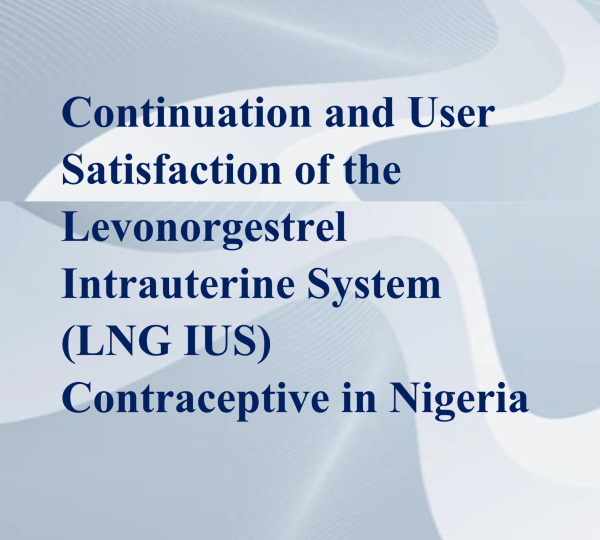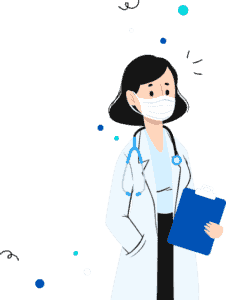Emerging Inequities in RTS,S/AS01 First-Ever Malaria Vaccines Roll-out
With 12 African countries now rolling out the RTS,S/AS01 first ever malaria vaccines and over 18 million doses given to the countries, early insights are showing inequities and vital lessons for the continent as the country contributing the highest prevalence is left out.
We at Society for Family Health (SFH) acknowledge and celebrate the major step in the scale-up of the RTS,S/AS01 first-ever malaria vaccines in the countries in which we operate (Ghana, Liberia, and Sierra Leone). However, it is disheartening to learn that the country that presently accounts for almost one-third of Africa’s malaria prevalence and 27% of the global malaria burden is left behind (Nigeria) and not included in the maiden roll-out.
Between 2000 and 2023, SFH played a great role to reach over 100 million Africans through various interventions such as routine Insecticides Treated Nets (ITN) campaigns, indoor residual sprayings, seasonal malaria treatment and the provision of affordable life-saving medications and testing kits. SFH was recently part of the world’s largest mosquito net campaign which was supported by Global Fund, in Nigeria.
Over 50 years, the world has faced the challenge of developing a vaccine against malaria, the development of the vaccine provides the opportunity to deal with this global health burden gradually and systematically and its roll-out should serve children in greatest need of protection from the world’s deadliest malaria parasite. Regrettably, while we celebrate this historic moment, we also share our reservations that Nigeria with the highest burden of malaria cases globally is not among the initial recipient of the vaccine. The country has made significant progress towards achieving the End-Malaria target for eliminating malaria as a global threat by 2030. Unfortunately, Nigeria as a non-recipient of the maiden roll-out of the vaccine will have a huge negative impact on this response and the global efforts at eliminating malaria and saving thousands of lives
SFH stands together with our community for whom we exist – millions of children and call on GAVI, Africa CDC, WHO, UNICEF and other donors to make a comprehensive review of their distribution plans and ensure Children in Nigeria who have suffered the brunt of malaria’s burden are an integral part of the roll out in making a crucial dent to the burden of malaria, significantly reduce under 5 mortality rates in Nigeria and strengthening the positive progress made in reducing the personal and societal burden of disease caused by Malaria.
SFH is committed to eliminating Malaria as a threat to public health and well-being through our various programmatic responses for over 30 years, and we call on all stakeholders to commit to funding the expanded production and allocation of this life-saving vaccine to make it a reality. Once again, SFH extends heartfelt congratulations to the global health community for achieving this historic feat.



